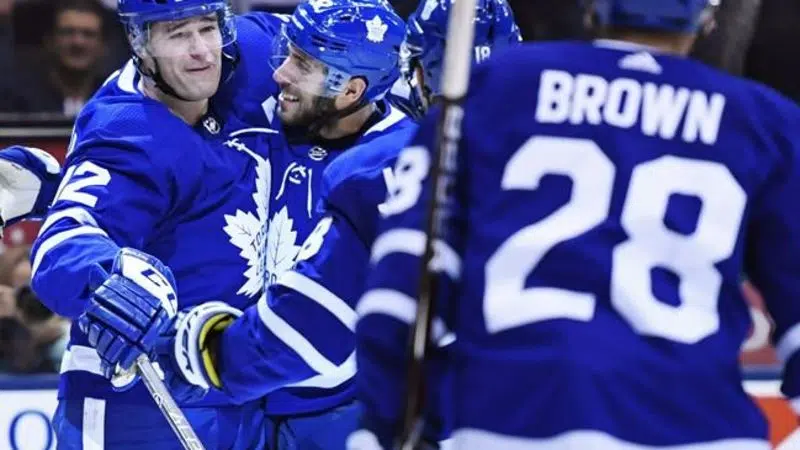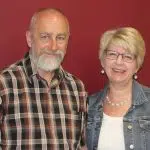
Canada Games breeding ground for next Crosby, Wickenheiser, Heil, Marleau
Ask one question about the Canada Games and NHL players perk up.
“It was one of the first times you get free gear,” Toronto Maple Leafs veteran Patrick Marleau stated.
Buffalo Sabres forward Sam Reinhart recalled he and his B.C. teammates were so buzzed about winning hockey gold at the 2011 Canada Games in Halifax, they couldn’t sleep.



